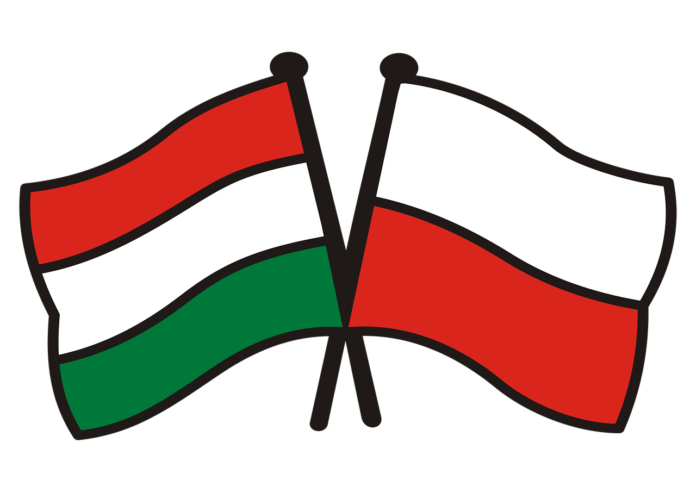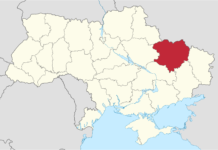Poland and Hungary have declared a temporary ban on imports of grain and other food goods from Ukraine, a decision that has drawn criticism from Ukraine and the European Union. The ban, which took effect on Saturday, April 15, is meant to safeguard the local agricultural industries of the two nations against the influx of cheap Ukrainian grain.
The war in Ukraine has affected the world’s food supply chain, and Ukraine is one of the biggest exporters of grains. As a result, Ukrainian grain has been pouring into Poland and Hungary, where it is frequently sold for less than local produce. Local farmers are finding it difficult to compete with the less expensive Ukrainian imports as a result of this.
The ban, according to the Polish government, is required in order to “protect the Polish agricultural market against destabilization.” The ban, according to the Hungarian government, is required to “ensure the stability of the Hungarian food market.”
The ban has been denounced by the Ukrainian government, which claims it is “unacceptable” and “will only make the global food crisis worse.” The ban has also drawn criticism from the European Union, which described it as “unilateral” and “not in line with EU trade policy.”
The Ukrainian economy is probably going to be significantly impacted by the ban. The war has caused a grave economic crisis in Ukraine, and the ban would only make matters worse. As less grain will be available for export, the ban is also likely to have a severe effect on the world’s food supply chain.
We don’t yet know how long the ban will be in effect. The governments of Poland and Hungary have declared the restriction to be temporary, but they have not specified when it would be lifted. The ban is anticipated to have a considerable effect on the Ukrainian economy and the world food supply chain in the interim.
It is complicated why Poland and Hungary decided to forbid the import of grain from Ukraine. On the one hand, it makes sense that the two nations would wish to safeguard their domestic agricultural industries from the onslaught of low-cost Ukrainian imports. However, the restriction is probably going to have a very bad effect on the Ukrainian economy and the world food supply system.
It’s crucial to remember that the ban on Ukrainian grain does not constitute an outright embargo. According to their statements, Poland and Hungary would continue to permit the entry of grain intended for humanitarian use. How this will be carried out in reality is not yet clear.
It’s also crucial to remember that the ban may not be in place permanently. The governments of Poland and Hungary have stated that the ban is only temporary, but they have not stated when it will be lifted. However, if the situation in Ukraine does not improve, the ban can be prolonged.
An important step is the decision by Poland and Hungary to forbid the import of grain from Ukraine. It serves as a reminder of the difficulties the conflict in Ukraine has placed on the world food supply chain. It serves as a reminder of the value of international cooperation in overcoming these difficulties.










